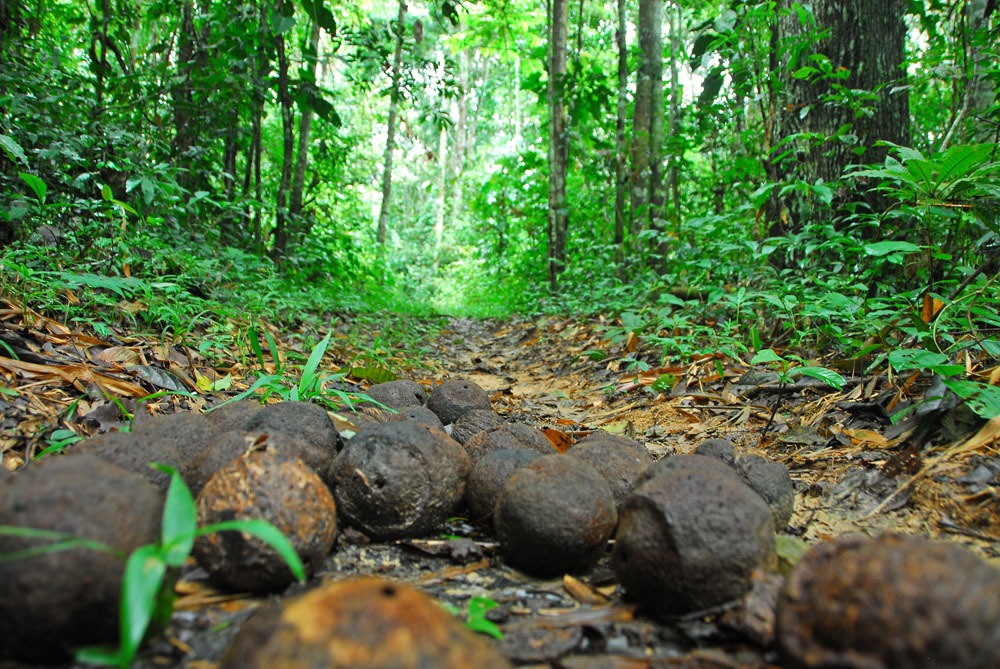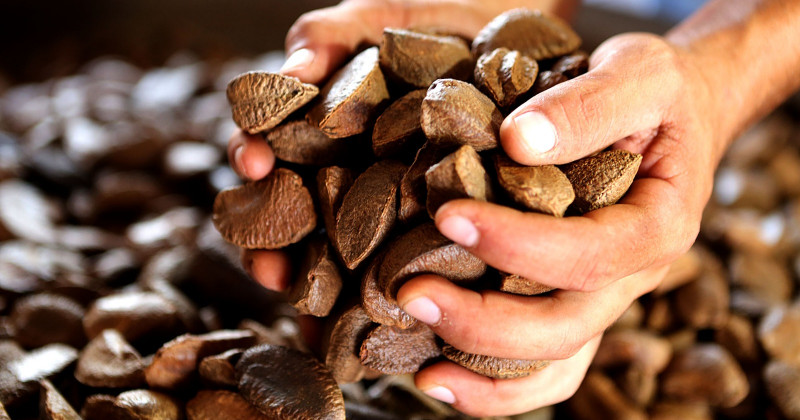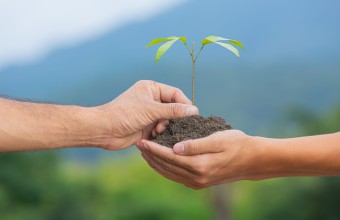The Brazilian Amazon region has a unique productive wealth in the world. The big challenge is to transform this wealth into a productive sector capable of generating income and economic growth for the region in a sustainable and environmentally responsible manner. And this is what Cooperacre (Central Cooperative for Extractive Marketing of Acre) does.
In this scenario, the Brazil nut (castanha do pará, in portuguese) is one of the greatest identities of the Amazon. Based in Rio Branco, the capital of Acre, Cooperacre is currently responsible for the largest production of processed nuts in the country – and the cooperative’s objective is to become the largest in the world.
“The cooperative was created with the aim of disentangling the extractive producer from the production intermediary and seeking better markets that value products from the standing forest. Since its founding, Cooperacre has worked so that its members have the guarantee of commercialization of their products”, explains Francisco Weverton, coordinator of the cooperative’s project sector.
Cooperacre is present in 18 municipalities in the state of Acre and has more than 2,500 families who are members of the cooperative. The organization is a system that brings together 12 cooperatives and 25 associations. Its foundation was due to the need for a central cooperative to bring together extractive cooperatives in the state in order to guarantee better opportunities for negotiating their products.
In 2003, Cooperacre, which until then operated its warehouse in Rio Branco, opened its first Brazil nut processing industry. With success, a new plant was granted and came into operation. In 2016, Cooperacre opened its third factory, even more modern, with production of 5,000 tons of Brazil nuts per year.
In these factories, nuts are stored, cleaned, broken, dried and packaged. The shells are also used to produce biofuel used in industrial activities. With this, Cooperacre makes its entire industrial process even cleaner.

Sustainable forestry production
Cooperacre works with a tradition of sustainable forestry production and modernization of the nut production chain and also its other products, such as rubber, palm hearts and a variety of fruits.
Chestnuts are responsible for the majority of Cooperacre’s production, as well as the income of cooperative members. Furthermore, Brazil nuts play an important role in the state’s economy, as they are the most exported product from Acre.
Within this context, sustainable production is essential for Cooperacre’s activity, as 87% of the forests in the state are preserved. Protecting the environment therefore means ensuring the continuity of local production and sustainable economic progress that improves the lives of Amazonian communities in Acre.
Cooperacre is a partner of the Amazon Fund, which supports projects in the areas of management of public forests and protected areas, sustainable forest management, economic activities developed from the sustainable use of the forest, territorial planning and land regularization, environmental monitoring and control, recovery of deforested areas and scientific and technological development.
From this partnership, the project “Strengthening the Sustainable Forest-Based Economy” took shape, which received just under US$ 1,023 million from the Amazon Fund to benefit small family rural owners and extractivists in the region.
The initiative provided excellent results in relation to chestnut production, such as:
- Optimization of Brazil nut storage logistics and fruit transportation, through the construction or renovation of 30 community warehouses;
- Improving the Brazil nut processing process through industrial expansion;
- Adding value and diversifying Brazil nut products, through the production of flour, oil and soap;
- Improving the marketing strategy for Brazil nut products through participation in national and international fairs and events;
- Training Cooperacre’s affiliate network on topics such as cooperative management, good forest management practices and Brazil nut processing, organic certification, environmental and gender education.

Green technology
In order to further enhance its sustainable economic activity, Cooperacre employs technology and innovation in the nut processing process. With this, the cooperative guarantees the quality and safety of the final product, which has helped to expand to national and international markets.
Furthermore, Brazil nuts have several important properties, such as being rich in proteins and selenium. This makes it a product with great potential for investments. In this way, Cooperacre, which is at the head of the production chain, places itself as one of the main responsible for ensuring the organization and profitability of production.
Today, the cooperative has three warehouses and three Brazil nut processing industries. Cooperacre’s infrastructure also has several community warehouses, strategically distributed in different municipalities. This infrastructure facilitates access for producers and transport of the product.
“Cooperacre plays a very important role, which is to seek more promising markets for extractive products from the Amazon and its associates. And to reach this market, the technological process is essential”, says Manoel Monteiro de Oliveira, superintendent of Cooperacre.
“Innovation is a natural process to maintain the market and Cooperacre is always looking for ways to improve production procedures and processes, both in the territories of agro-extractive family production, as well as in contemporary agendas for strengthening a low carbon emissions economy with social inclusion in the Brazilian Amazon”, says Weverton.
All of this providing quality to the market. The chestnuts are completely organic and free from any type of toxin. With this, Cooperacre meets the growing demand for products with these characteristics and guarantees credibility and demand from large global food industries.





